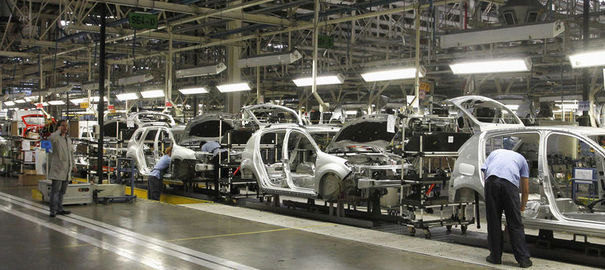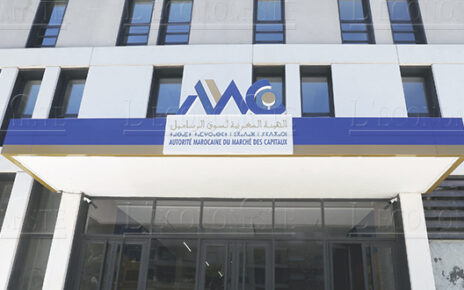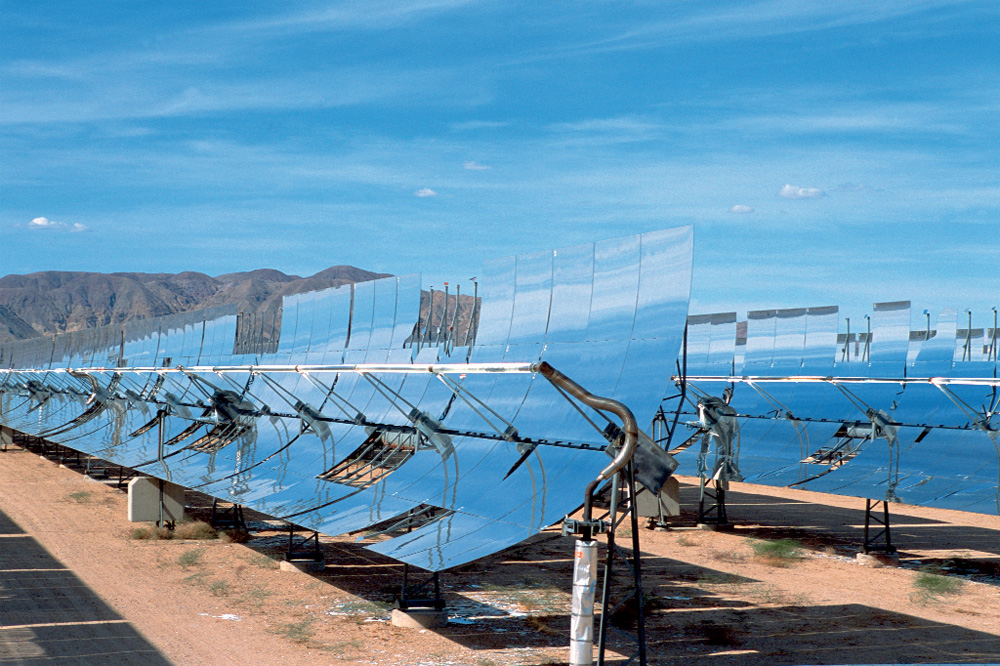Part of its continuous efforts to promote the automotive sector, Morocco signed last week five performance contracts that will support the deployment of four ecosystems in the automotive sector, namely automotive wiring, automotive seating & Vehicule interior; metal / stamping; and automotive batteries.
 The contracts, signed on the sidelines of the 4th edition of “Automotive Meeting Tanger Med,” are expected to create over 56,500 new jobs by 2020, i.e. 63% of the overall number of new jobs (90,000 jobs) targeted by the sector in 2020.
The contracts, signed on the sidelines of the 4th edition of “Automotive Meeting Tanger Med,” are expected to create over 56,500 new jobs by 2020, i.e. 63% of the overall number of new jobs (90,000 jobs) targeted by the sector in 2020.
They will also multiply by 2.5 folds the sector exports and increase local integration rate by 21 points going up from 45% to 65%.
The promotion of ecosystems is part of the innovative approach adopted in the Industrial Acceleration Plan (IAP) unveiled in April this year and that is primarily intended to reduce sectors fragmentation and promote an integrated development of industrial clusters, said Moroccan Minister of Industry Moulay Hafid Elalamy.
The aim is to integrate local industrial fabric around leading companies that develop mutually beneficial partnerships with SMEs. The big firms will thus play the role of locomotives, open prospects and give visibility to the SMEs and the SMEs will on their part make large companies benefit from their creativity, sense of innovation and dynamism, said El Alamy who is also minister of Trade, Investment and Digital Economy.
The logic of moving towards efficient ecosystems is most beneficial to the automotive sector which made a breakthrough in the country, attracting world companies, such as Renault-Nissan, and which reached a development level requiring a greater integration in order to be more competitive.
The Department of industry has thus identified two main players in automotive industries likely to yield most advantages if structured into ecosystems, namely automotive equipment manufacturers (automotive wiring, automotive seating & Vehicule interior; metal / stamping; and automotive batteries) and automakers that will, if brought together around steering firms, promote investments and have a greater impact on the value chain.
Thus, on the sidelines of the Tangier meeting, the Acome and Alfagomma companies have launched projects to manufacture wiring, cables and hydraulic hoses for the automotive sector, while Antolin group dedicated its second Morocco-based plant, specializing in sewing car seat covers. The new plant will employ 500 people.
The major objective of the 7-year industrial acceleration plan is to create 500,000 new sustainable jobs by 2020 and significantly increase the share of industry in GDP to 23%, versus 14% today. The plan, which will build significantly on Morocco’s achievements in industries like aeronautics, car-making and offshoring, will also seek to reintegrate the Kingdom’s traditional job-creating industries and strengthen major job-generating industries such as manufacturing.


